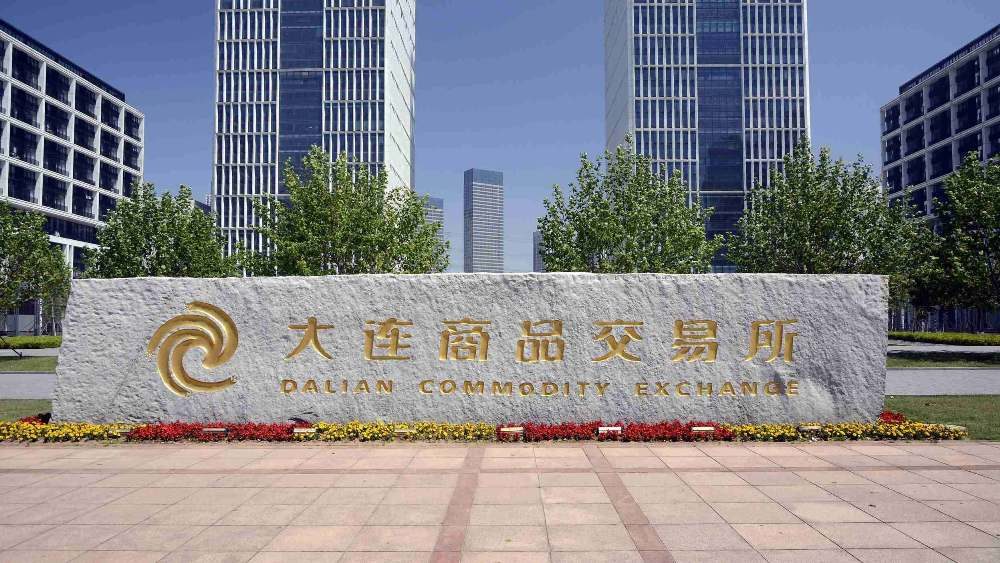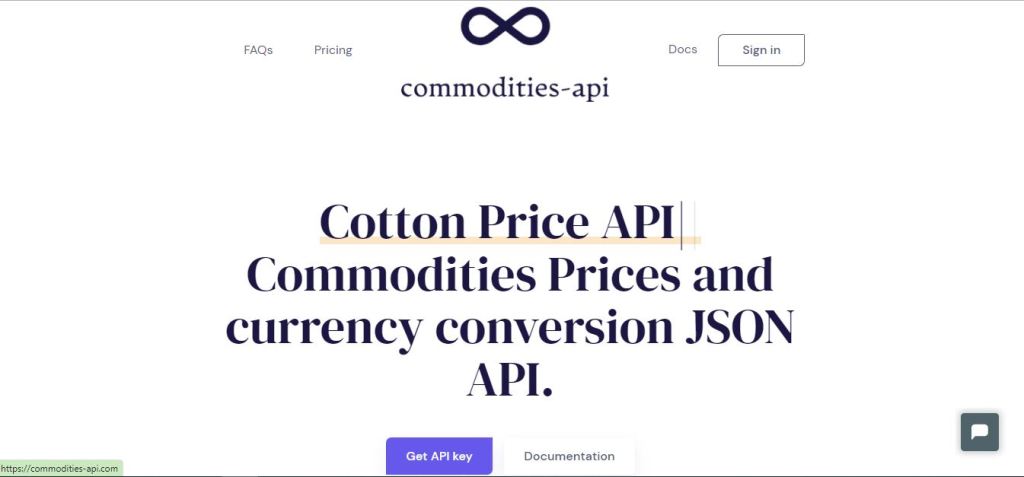If you want to get agriculture prices from Dalian Commodity Exchange, you should use an API. In this article, we’ll explain how to get the indicated one.
China has a very extensive commodity market. China has big ambitions to increase domestic soybean output by 40% over the next four years, as the country’s reliance on imports of the crop continues to raise concerns about food security. The nation will increase soybean output to 23 million tonnes by 2025, up from 16.4 million tonnes in 2021, to increase its oilseed self-sufficiency.

According to official data, China bought more than 100 million tonnes of soybeans in 2020, accounting for over 85% of its internal demand that year and roughly 60% of worldwide soybean trade volume. Meanwhile, from October 2021 to September 2022, the country is scheduled to import 102 million tonnes of soybeans.
On the other hand, China’s maize imports exceeded their 7.2 million metric ton tariff rate quota in 2020, reaching a record of 26 MMTs in the 2020/21 marketing year. While China’s recent corn import rise was mostly due to feed needs to replenish its hog inventory following the African Swine Fever (ASF) epidemic, the outlook for China’s maize imports remains uncertain.
The present level is still high in comparison to historical norms. During this time, China’s hog futures prices fell from roughly $2 per pound to around $1 per pound. The reduction in hog futures prices indicates that China’s hog stock recovery is likely to be on track, putting higher pressure on China’s corn imports in 2021/22 and 2022/23. The net impact will be determined by China’s domestic maize output, which requires accurate assessments of Chinese farmers’ acreage and yield price supply elasticities.
Having all of these factors in mind, you should know that investing in the commodities business can be very boisterous. So, if you want to decide the best moment to invest you should watch current and historical prices from the most reliable sources. In this case, it is important to stay updated on Dalian Commodity Exchange values.
The Dalian Commodity Market (DCE) is a futures exchange in Dalian, Liaoning Province, China. It is a non-profit, self-governing, membership-based legal body that was founded on February 28, 1993. Corn, corn starch, soybean, soybean meal, soybean oil, RBD palm olein, egg, fiberboard, blockboard, linear low-density polyethylene, polyvinyl chloride, polypropylene, coke, coking coal, and iron ore were among the 16 futures items listed by DCE in 2015. You can gather data from this source using an API.
What Is An API?
An Application Programming Interface is a System that transfers data between two or more devices. It’s easy to incorporate into any web or app design. There are a lot of them that work with commodities on the Internet, but not all of them function in the same manner or provide trustworthy information.
To achieve this goal, you should use the Commodities API. It’s the most accurate and reliable API to stay updated about worldwide agriculture prices. It collects data from the most important trade exchange on the planet such as Dalian Commodity Market, and CME Group.

About Commodities-API
Commodities-API is an application that allows you to track the prices of different products, such as corn, and soybean. In this manner, you will be able to anticipate values and convert them into the currency of your choosing. You may gather historical rates, current pricing, and cost growth.
Commodities-API gathers and validates data from banks and financial institutions such as the New York Mercantile Exchange. In many computer languages, when you perform an API request, you will receive data with a precision of two decimal points. This program also leverages bank-grade 256-bit SSL encryption to protect your connection.

